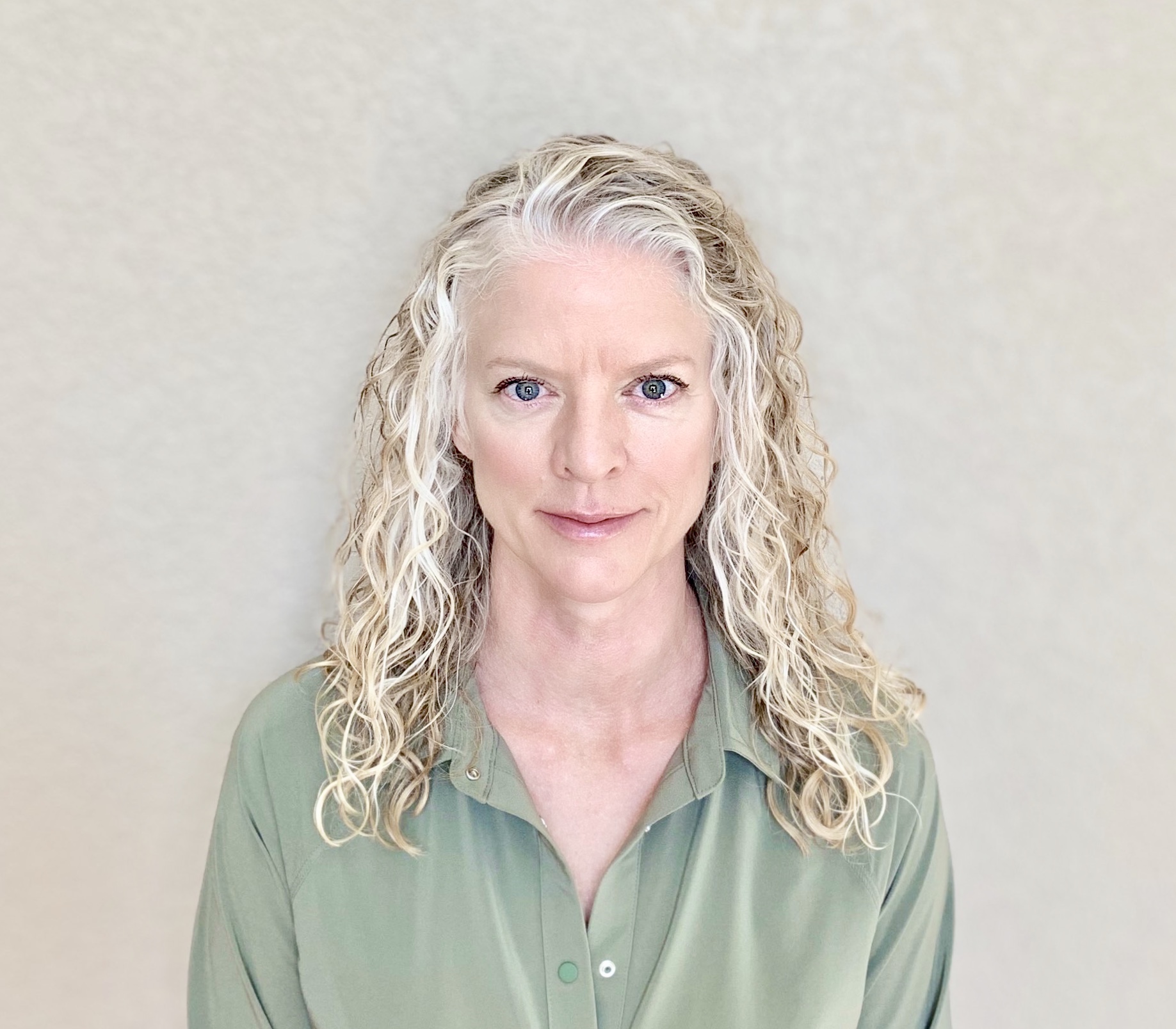
Stacey Mitry is a former FBI Agent where she proudly served for 10 years specializing in Crimes Against Children (CAC) matters.
Here is what Stacey had to say when we asked her about law and order:
GenHERation®: What should you study in college if you want to work for the FBI?
Stacey Mitry: In the past, the FBI typically hired lawyers, CPAs, former military, and police officers. However, now I would say to study what interests you. Don’t study Criminal Justice because you think that’s what the FBI wants. When you join the FBI, everyone goes through the same training and learns the proper protocols and procedures. Your experiences and special skill set are what makes you valuable. Therefore, when you’re in college, and even after, do what you love—volunteer, travel, see the world, experience life, do internships. You also never know exactly how your career journey will play out. I didn’t plan on joining the FBI when I started college, but I ended up there because I always pursued what excited me.
GenHERation®: When you were an FBI Agent, what did your days typically look like?
Mitry: I never really had a typical day. Working for the FBI is not a 9-5 job. You’re expected to work overtime, and can be called out at any moment. You also have to be flexible because you could be working on one case, but then get a lead for another investigation, so you have to alter your focus. For example, this was one of my days working as an FBI Agent: I started out posing as a 13-year-old girl on the Internet to catch a predator, then got sent to cover leads from a terrorist attack, and ended the day with a hostage negotiation. No matter what my days were like, I always had to be calm and confident in chaos.
GenHERation®: What are the three most important skills you utilized as an FBI Agent?
Mitry: Skill one is tenacity. Before you even become an Agent, you have to get through exams, interviews, fitness testing, a polygraph, and so on. You have to work really hard and push yourself if you want to pass these. Then, as an FBI Agent, you need to be tenacious and persistent. If you are trying to build a case, you have to find information that people don’t want you to find—criminals are good at hiding their tracks. You can’t give up on a stalled lead. Skill two is communication. Communication is important for both the oral and written portion of the interview process, but it is even more important when you are out in the field. As an Agent, you have to be able to speak to people who are five and 85. You need to be a chameleon and adapt your communication style to your environment. You also have to pay attention to nonverbal communication, while utilizing active listening skills. Skill three is prioritization. Being able to see what is most important and following through on critical tasks is paramount. When you work for the FBI, you usually have multiple investigations running at the same time, so there’s always a need to prioritize the most significant items for the day and accomplish those.
GenHERation®: What challenges did you face as one of the first female certified snipers in the FBI, and how did you overcome them?
Mitry: Fortunately, my team accepted me—I wasn’t viewed any differently because I was a woman. However, when I went to various trainings or field exercises, agents and police officers on other teams looked at me a little differently. To combat this, I always showed up prepared—physically strong, mentally tough, ready for anything. I also blended. I was just one of the guys on the rifle deck or on a callout—not denying my femininity, but owning my space and knowing my worth, while serving on the team. Then, whenever I was asked to prove myself, I was more than capable. I left no opportunity for people to question whether or not I was good enough to join the SWAT team because I was a woman. You can succeed in any role you pursue if you recognize what skill set you need and by improving and evolving those skills. Be your best and continue to get better.
GenHERation®: What are your top three safety tips for young women?
Mitry: First, is to have situational awareness. Walking and looking on your phone is not being situationally aware. Know the good and the bad that is around you. What are the crime statistics in your neighborhood? Are there dangerous parts of your college campus? Is it safe to walk in an area after 10 PM? You can’t pretend that bad things don’t happen, so educate yourself to be empowered. By upping your awareness game, you can handle situations before they happen. For example, you can re-route your walk on campus, avoid certain areas, and travel in a group. Second, is to understand how a potential attacker is analyzing the nonverbal cues you give off. How would someone perceive you when you are walking? Do you look distracted or alert? Do you look like a hard target or an easy target? I suggest taking up the space that surrounds you with confidence. Hold your head high, put your shoulders back, scan your surroundings, and make eye contact. When you own the space that you inhabit, you feel and look more powerful. Third, is to trust your gut. We are born with intuition, so use it. After something bad happens, most people say, “I had a weird feeling” or, “I felt like something was off.” Our gut can tell us something before our mind puts the pieces together. Train yourself to listen to it, not dismiss it.
GenHERation®: What is the most important lesson you have learned throughout your career journey?
Mitry: You can really do anything that you set your mind to, with preparation, planning, and hard work. If you told me in college I would be finding children who had been missing for years, or I’d be a Supervisor at FBI Headquarters in Washington, D.C., or I’d be empowering girls and women globally, I wouldn’t have believed it. Recognize that you are capable and go for it.
Stacey Mitry is a former FBI Agent where she proudly served for 10 years specializing in Crimes Against Children (CAC) matters. A BS in Psychology prompted the start of her career working in Juvenile Probation. A certified FBI Firearms Instructor and Defensive Tactics Instructor, she served on the San Francisco SWAT Team as a Sniper making her the first female to hold that position. She also served as a hostage negotiator before she was promoted to Supervisor at FBI Headquarters in Washington, D.C. with the CAC Unit under the Violent Crimes Section. She pioneered the Child Abduction Rapid Deployment Team, while overseeing CAC matters nationwide. She now uses her knowledge, skills, and experience to empower women and girls around the world while raising two adventurous daughters. She also writes curriculum for a global security firm, has completed a manuscript about one of her most prolific cases, and is a keynote speaker for international organizations. She’s been featured on Fox News Live, WFAA ABC 8, SRF 9, Berner Bār (Switzerland), and twice on America’s Most Wanted as a Case Consultant.



Comments (0)